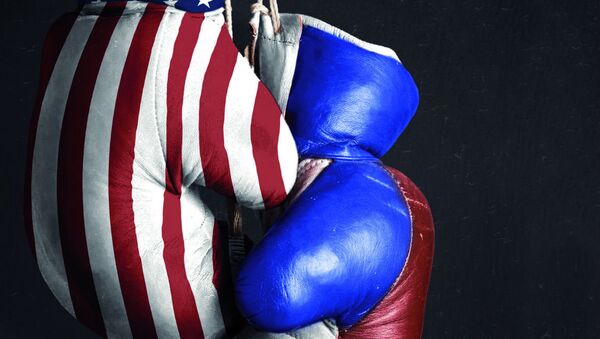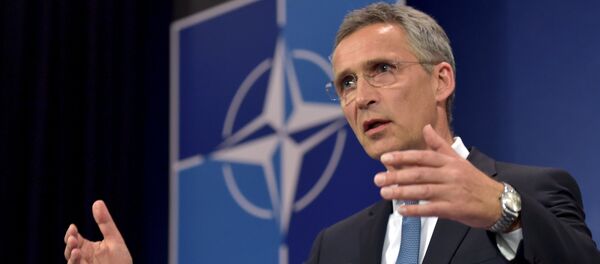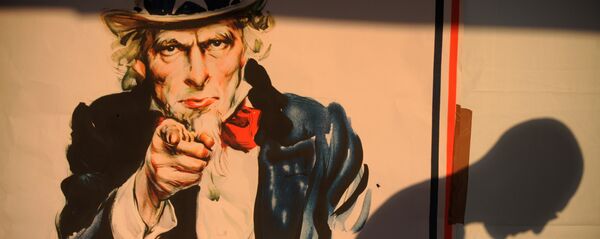The latest polls indicate that for the first time in twenty years Americans are inclined to consider Russia the number one enemy of the United States, replacing such stereotypical "adversaries" as Iran and North Korea.
"We're still coming to Russia from the old Cold War narrative. And this is sad because, as de Tocqueville pointed out so long ago, looking to the future, the United States and Russia are two of the globe's great superpowers. If we're not getting along, if we're not understanding one another, it's just bad for all of us," Jay Ogilvy emphasized.
"They think that Putin is a dictator, instead of actually having popular support on the ground, and what we've seen over the past year is that Putin's popularity has just grown, even despite hardships that are taking place inside of Russia economically, financially, and with this growing 'new Cold War' with the West, Putin is as popular as ever. His popularity rose from 85 percent to 89 percent, which is astonishing for any leader of any country," Lauren Goodrich highlighted.
At the same time the West's sanctions policy failed to cut the ground from under the Kremlin's feet. Russians have "kind of embraced these sanctions," demonstrating their solidarity with their leadership, Lauren Goodrich pointed out, referring to a case in St. Petersburg where people were buying foreign cheese and then "dumping it into the sea" in support for Putin's ban on European foods.
The analysts stressed that facts on the ground indicate clearly that it is Washington who struck first.
"The way that the American media has put it out there is that Russia is being the aggressor, and instead we're seeing Russia be very reactive instead. NATO starts to build up, then Russia starts to build up. The United States helps support the revolution that took place in Ukraine this past year, Russia then takes Crimea and goes into eastern Ukraine. So it really is a reaction to what is taking place out of the United States and out of NATO," Lauren Goodrich emphasized.




